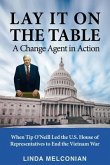
8,95 €
Sofort per Download lieferbar
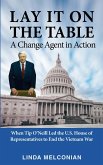
18,99 €
Versandfertig in 1-2 Wochen
Broschiertes Buch
A Change Agent in Action: When Tip O'Neill Led the House of Representatives to End the Vietnam War
28. Dezember 2021
SkillBites
Ähnliche Artikel

13,95 €
Sofort per Download lieferbar
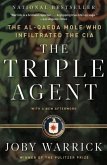
9,95 €
Sofort per Download lieferbar
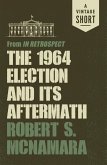
1,99 €
Sofort per Download lieferbar
eBook, ePUB
8. August 2017
Knopf Doubleday Publishing Group

1,99 €
Sofort per Download lieferbar
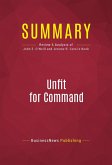
9,99 €
inkl. MwSt. und vom Verlag festgesetzt.
Sofort per Download lieferbar

7,99 €
inkl. MwSt. und vom Verlag festgesetzt.
Sofort per Download lieferbar
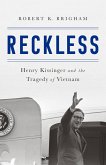
14,99 €
inkl. MwSt. und vom Verlag festgesetzt.
Sofort per Download lieferbar
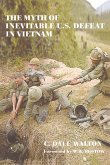

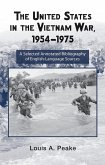
eBook, ePUB
13. November 2007
Taylor & Francis
Ähnlichkeitssuche: Fact®Finder von OMIKRON
